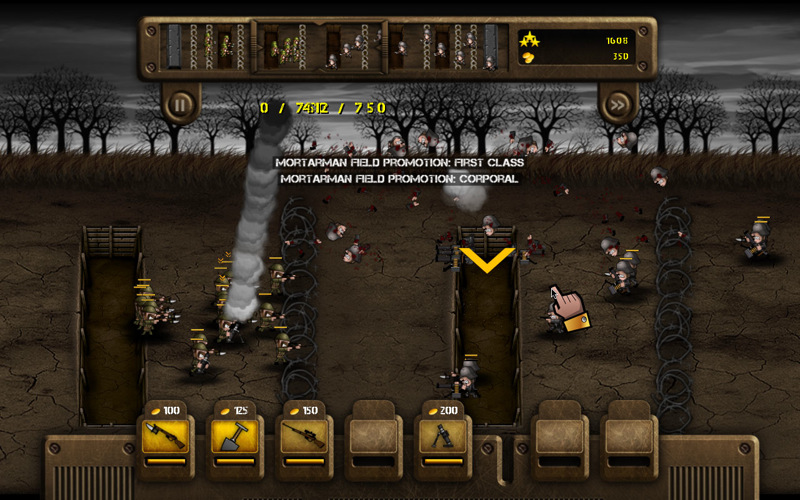

His eldest son, an Army aviator, had died in February after a plane crash. As with his wife’s death, March was stoical he became even more dedicated to his work. There was a war to be won, and the general staff would work round the clock until it was. When March arrived, he found that the general staff worked normal business hours. He also wanted Army administrators working with the same dedication as field officers in combat. Indeed, March believed that “entirely too much time was spent on the training considered necessary by General Pershing.” He wanted men in the field now. In February 1918, Secretary of War Newton Baker announced he had chosen March to become Army chief of staff. Baker had long admired March as an efficient man of military business-just the sort he needed to expedite the training, deployment, and supply of the rapidly expanding AEF. Even so, he insisted on joining the gunners on the artillery range. He did, as commander of a brigade of artillery.īy September he was a major general and chief of artillery for the American Expeditionary Force. After the United States declared war on imperial Germany in April 1917, March expected to see summer in France. He trained his men very much with a mind that war was imminent-and it was not the ongoing skirmish in Mexico that dominated his thinking it was the war in Europe. Sharply martial in appearance, March was regarded as brilliant, direct, laconic, decisive, fair, and reserved.
TRENCHES GENERALS MAC FULL
At this point March was a full colonel now in command of an artillery regiment. Two years ahead of him was cadet president of the class of 1886, John J. March, dedicated to his studies, finished tenth in his class-fewer than half of whom made it to graduation. Lafayette had provided Peyton March with a fine education, but West Point was even more rigorous. His father approved, and in due course Peyton entered the Military Academy at West Point. While many Lafayette graduates went on to advanced degrees, Peyton wanted to be a soldier. Peyton was impressed by his father, but did not follow in his footsteps. His father was a distinguished, easygoing, well-liked professor at the school. A lanky scholar-athlete, tall, thin, and studious, his youth didn’t stop him from becoming class president, captain of the baseball team, a starter on the football team, a record-setting member of the track team (scoring the school’s best time in the half mile), and graduating with honors in classics.


March (1864-1955), who became chief of staff of the Army during the Great War, passed the entrance examination into Lafayette College when he was not quite sixteen. If not exactly a child prodigy, Peyton C. Arthur and Douglas MacArthur World War 1 General Peyton C. This article will look closely at the lives and actions of World War 1 Generals Peyton C. In other words, the imperfect outcome of the First World War was no worse than the imperfect outcome of the Second, and both were better than if the Central Powers or the Fascist powers had won. The Second World War ended with Eastern Europe in the hands of the Soviet Communists-Hitler’s former allies and the West’s adversaries in the subsequent decades-long Cold War. And if the First World War witnessed the collapse of the monarchies of Central Europe and saw the Bolsheviks seize power in Russia, at least the Western powers kept the Bolsheviks, preachers of world revolution, penned up within Russia’s borders. The First World War generals of the Western powers achieved their victory in four years the Allied generals of the Second World War took six. Yet far more lives were lost in the Second World War than in the First (more than 60 million versus about 17 million). Few people believe the Second World War was a senseless war or that it was fought by idiotic generals. The generals who achieved this feat were not insensate brutes who callously ignored the hecatombs on the battlefield.

On the Western Front-that European scar that came to epitomize the war’s futility-France, Britain, and the United States successfully repelled an aggressor who had violated Belgian neutrality and planned to impose a not so very gentle domination on the Continent. Crocker, the evil that followed the war was no more inevitable than the good-and preventing the Second Reich’s forcible subjugation of the Continent to the likes of Ludendorff was indeed a good thing.


 0 kommentar(er)
0 kommentar(er)
